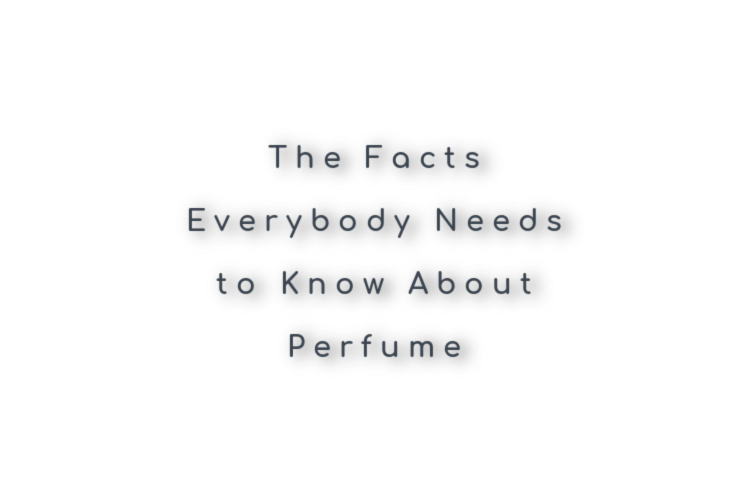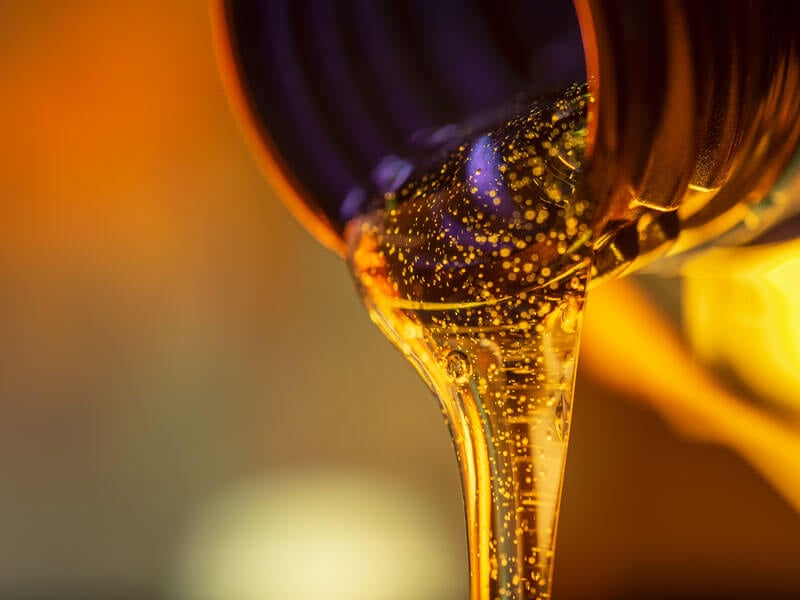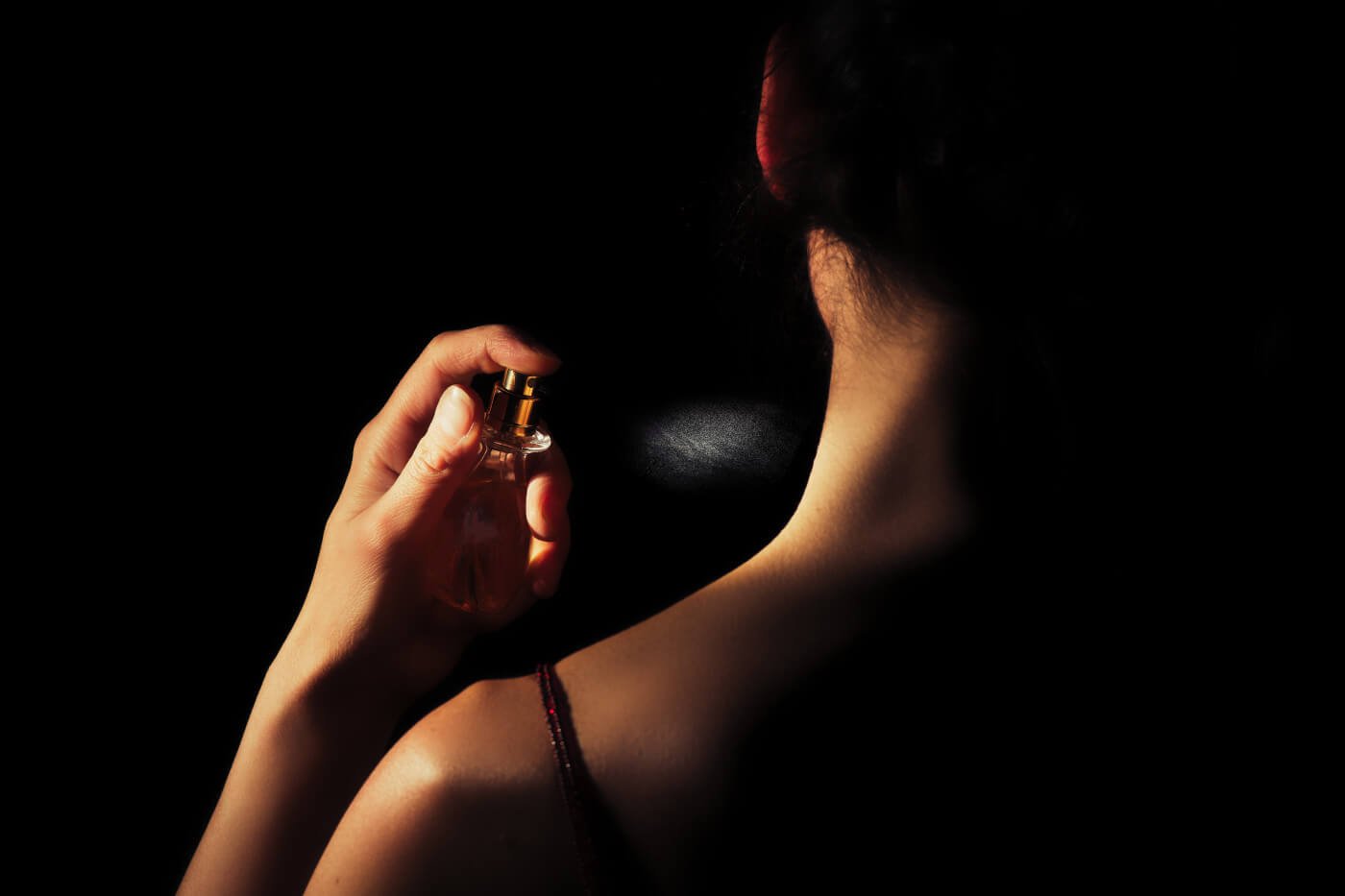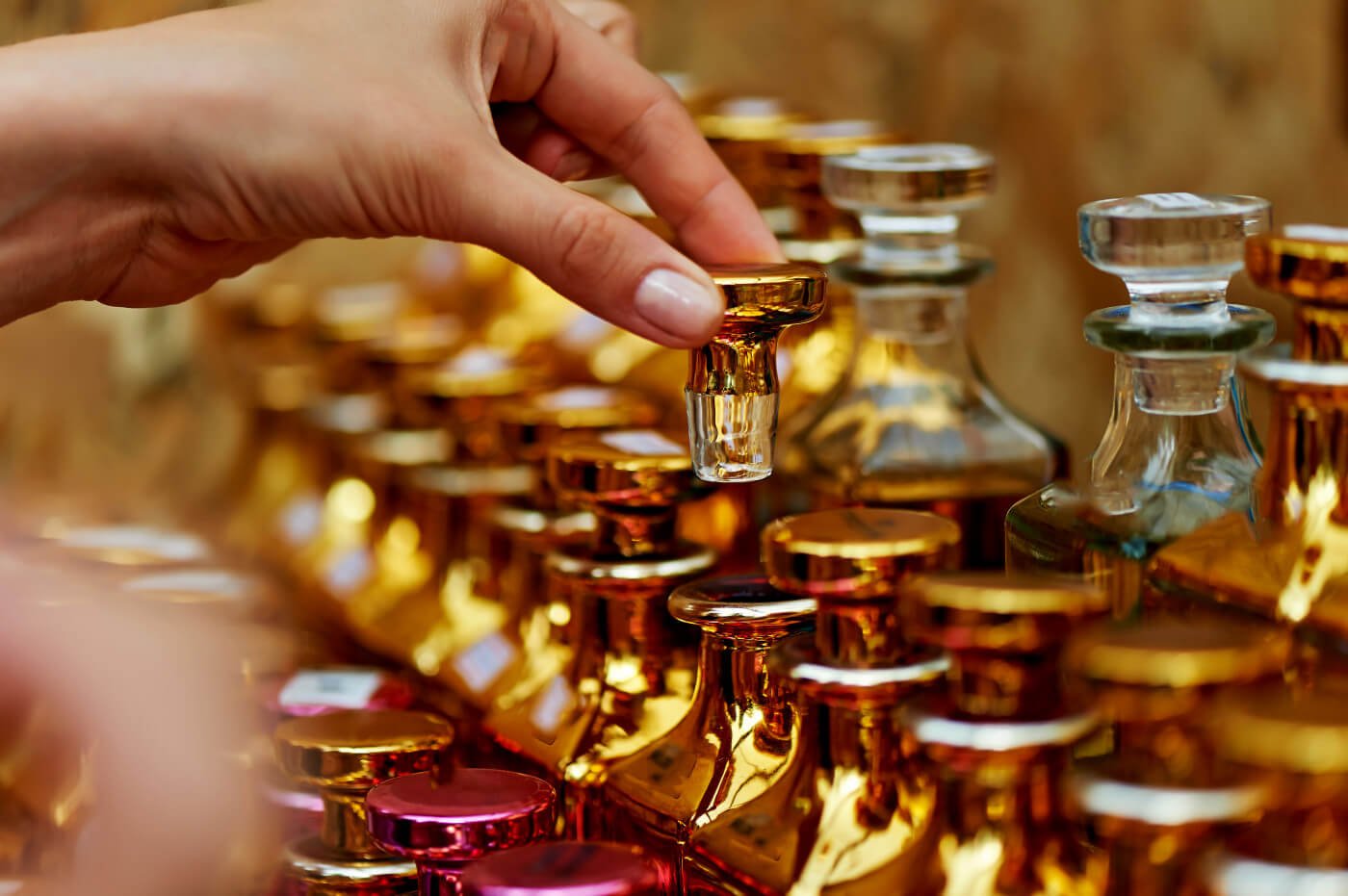One of the most common misconceptions about fragrances is that they must be bold and formidable. A perfume rich in leather, flowers, spices, or musk is all well and good, but a more delicate aroma can just as easily exude beauty. For example, a part of the earlier masculine fragrances, especially during the Jazz heydays, emerging from Italian heritages, come with a breath of fresh air of spirited citruses and herbs resting on a woody and earthy foundation, reminding us of the fascinating comfort of the Mediterranean Sea breeze. Or many body splashes work nicely on feminine skin than their actual super-strong perfume version.
Here, we explain some important facts everyone needs to know about perfumes and colognes.
1. You should create a signature scent:
Your perfume is an extension of your identity. You need to ask yourself "What do I want my perfume to say about me?". Here you discover the critical role of fragrance in your style and manner and the mark it leaves on you. It’s obviously more than an assembly of raw materials. The fragrance is a message in a bottle. It expresses a mood, feeling, concept, or idea. While one perfume may be highly engaged with inner feelings, the other accompanies a timeless style.
2. You need a Swiss knife perfume:
You need to have one fragrance at least that fits all your moods, all your styles, and all the occasions you want to be in. Usually, such fragrances elevate our mood or enhance our confidence. They also come in handy when you want to wear any possible combination and don’t want to think about your perfumes.
3. You choose what to spray on:
The majority of people, especially men, are not wearing the right perfume because they highly rely on others’ opinions and tastes or simply repurchase the perfumes they have been wearing for bottles, just to reduce the risk. The very scent you really love, the scent you find more matches to you, the one that speaks to you, and the one you love all its complexity and layers is the perfume you have a positive association with.
4. Your nose is the judge:
Brand names, ads, popularity, salespersons’ advice, fancy bottles, high-end prices, and even the color of juices and bottles are among the major leading factors many people go with to purchase a perfume that may not be theirs. Trust your nose, and let it try the perfumes several different times in several different times including your moods, weather, and location. It surely takes you there.
5. A little research may come in handy:
The fragrance and beauty communities are highly active and full of neutral comments from users that fully used and evaluated the products. Do a little surf on the net before you take out your wallet. You can also order samples online to check the scent at the same time.
6. Different scents for different people:
Though the perfumers and chemists of the industry do their best to make scents that work equally on everybody, there is a minor room for adding our identity to the perfume as our body odor, body heat, moisture, and body colors are different. The fragrance you may love on someone may not act the exact way on your skin. Bear this in mind and spray the perfume on your skin from a minimum of six inches away, to let the alcohol evaporate and the raw materials disperse. Check its all layers during its evaporation if it’s the very thing you want.
7. Different concentrations, different functions:
Don’t be distracted by the tenacity of perfume. Different perfumes concentrations are designed not only to last for different periods but also to specify their function and wear. While an Eau de Cologne or Eau de Toilette gives you easier wear during the day with their bright, fresh fragrance, Eau de Parfum and Extrait de Parfum go for more nighty wear with longer tenacity and intense aroma. A hint for you: different concentrations have different formulas as well, so check the smells as they’re not hundred percent made on the same formula.
8. There’s no gender for fragrances:
Perfumes are not gender-specific on their own. People and marketing strategies label certain types of fragrances (florals or woodies, for instance) as feminine or masculine. This is mostly because of specifying gender targets to specific perfumes to increase sales. That’s why the color, packaging, name, and shape of the bottle are associated with the ideas. Less than two hundred years ago men also wore floral perfumes.





